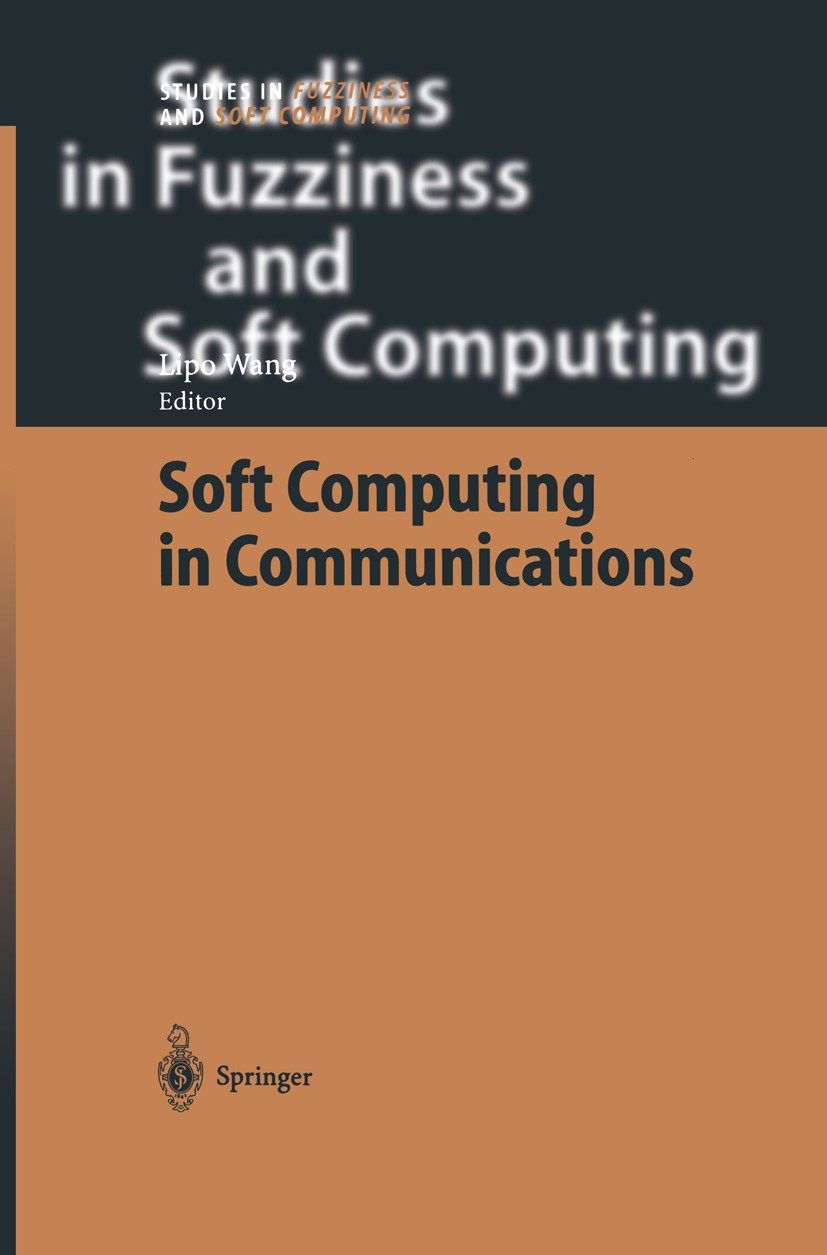| 书目名称 | Soft Computing in Communications | | 编辑 | Lipo Wang | | 视频video | http://file.papertrans.cn/871/870500/870500.mp4 | | 概述 | Presents novel applications of soft computing to telecommunications | | 丛书名称 | Studies in Fuzziness and Soft Computing | | 图书封面 |  | | 描述 | Soft computing, as opposed to conventional "hard" computing, tolerates imprecision and uncertainty, in a way very much similar to the human mind. Soft computing techniques include neural networks, evolutionary computation, fuzzy logic, and chaos. The recent years have witnessed tremendous success of these powerful methods in virtually all areas of science and technology, as evidenced by the large numbers of research results published in a variety of journals, conferences, as weil as many excellent books in this book series on Studies in Fuzziness and Soft Computing. This volume is dedicated to recent novel applications of soft computing in communications. The book is organized in four Parts, i.e., (1) neural networks, (2) evolutionary computation, (3) fuzzy logic and neurofuzzy systems, and (4) kernel methods. Artificial neural networks consist of simple processing elements called neurons, which are connected by weights that may be adjusted during learning. Part 1 of the book has seven chapters, demonstrating some of the capabilities of two major types of neural networks, i.e., multiplayer perceptron (MLP) neural networks and Hopfield-type neural networks. | | 出版日期 | Book 2004 | | 关键词 | LAN; Multiplexer; Routing; Wireless LAN; communication; evolution; evolutionary computation; fuzzy; fuzzy lo | | 版次 | 1 | | doi | https://doi.org/10.1007/978-3-540-45090-0 | | isbn_softcover | 978-3-642-53623-6 | | isbn_ebook | 978-3-540-45090-0Series ISSN 1434-9922 Series E-ISSN 1860-0808 | | issn_series | 1434-9922 | | copyright | Springer-Verlag Berlin Heidelberg 2004 |
The information of publication is updating

|
|
 |Archiver|手机版|小黑屋|
派博传思国际
( 京公网安备110108008328)
GMT+8, 2025-12-15 20:02
|Archiver|手机版|小黑屋|
派博传思国际
( 京公网安备110108008328)
GMT+8, 2025-12-15 20:02


